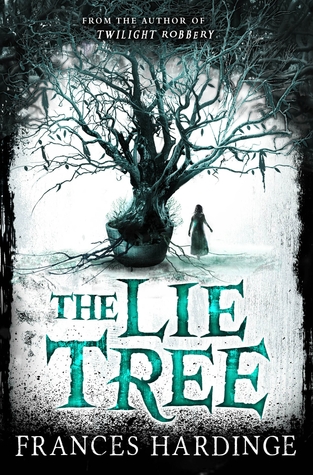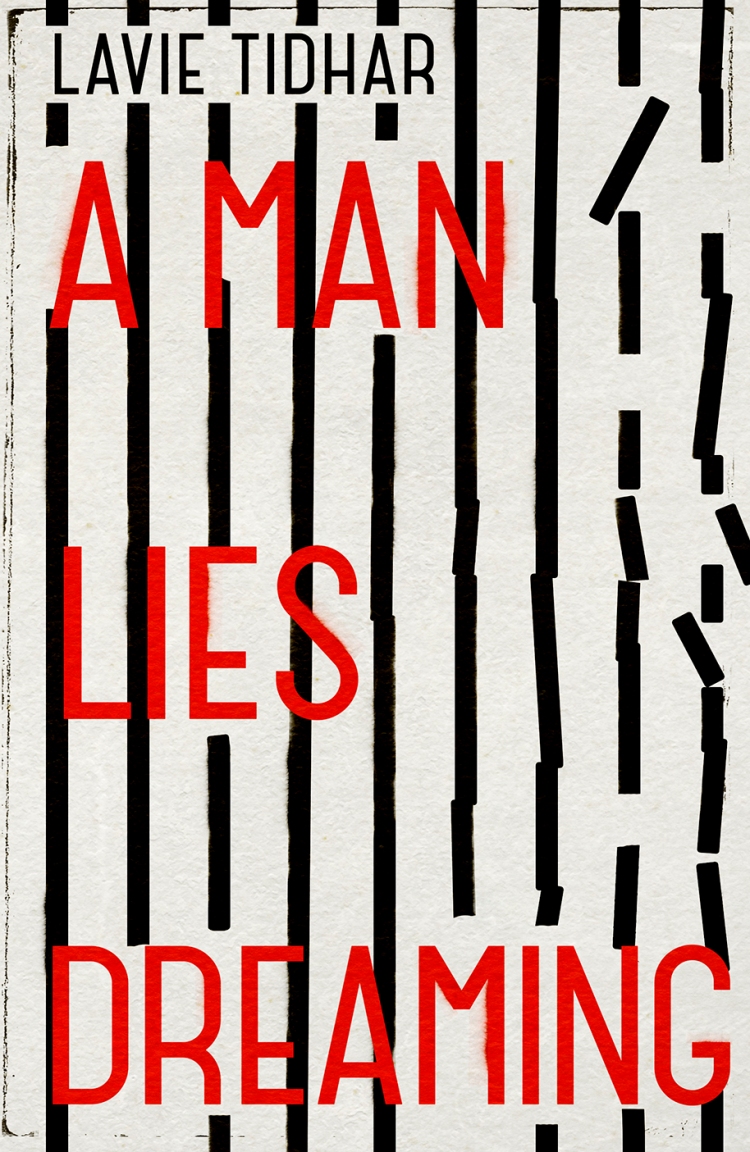Women’s Prize
- Kate Atkinson: Life After Life
- A.M Homes: May We Be Forgiven
- Barbara Kingsolver: Flight Behaviour
- Hilary Mantel: Bring Up the Bodies
- Maria Semple: Where’d You Go, Bernadette
- Zadie Smith: NW
(Elif Shafak’s Honour should
have made it over Semple)
Booker Prize
- NoViolet Bulawayo: We Need New Names
- Eleanor Catton: The Luminaries
- Jim Crace: Harvest
- Jhumpa Lahiri: The Lowland
- Ruth Ozeki: A Tale for the Time Being
- Colm Tóibín: The Testament of Mary
It is the first Crace novel I’ve read and I think it’s
unlike anything I’ve read before. Normally your brain starts buzzing with
contexts, contrasts and comparisons when you’re reading but I couldn’t conjure
anything. This in itself is really weird. So I felt a little set adrift but I
soon settled into the lovely prose and the kind, enquiring and thoughtful
musings of the novel’s narrator, Walter Thirsk. The writing is often sublime
and gets better the more you became attuned to its rhythms and subtlety.

The plot is fairly straight forward. Strangers come to a
remote village to settle just as another stranger, employed by Master Kent, has
started to map the village: “A gentleman we did not recognise was watching our
barley field to stub: a visitor, a rare event, exciting and unnerving” (4), but
“What was he wanting from our soil, what were his charts securing” (8). This is
a prelude to the enclosure of the land: “the closing and engrossment of our
fields with walls and hedges, ditches and gates. He means to throw a halter
round our lives” (40). The unease
created by the appearance of this map-maker prompts a first act of violence but
the villagers come together to blame the other set of strangers: they are
unjustly punished and brutally mistreated. Finally another set of strangers appear, led
by Master Kent’s cousin, the rightful owner of the land. The novel is full of
the tragic consequences of these visitations – some caused by doubt, confusion
and uncertainty, some caused by the desire for revenge and rough justice, some
caused by the cruelty and destructive energy of the new lord. The narrator is
Walter Thirsk, who was once, some twelve or thirteen years ago, himself a
newcomer to the village before he married and settled down. The events cause
Walter to question his status as insider or outsider as suspicion blooms
everywhere.
Harvest is
poetic and enigmatic but is nonetheless a vivid imagining of how people might
have thought living in an isolated village some centuries ago – their habits of
thinking that is, and a meditation on how people were connected to land,
landscape and each other. Through that you get quite an acute sense that Crace
wants us to think about insiders and outsiders today; immigrants and nation,
belonging and exclusion, as well as our use of the land and the parlous state
of the environment. I even worried a little the novel that was often speaking too directly
about today rather than generating metaphors that resonate and play.
It’s easy to think that the novel is overly concerned
with unreliability and that sense that history cannot be known – the
preoccupations of so much modern fiction. Walter doesn’t see much of the action
so his narrative is based on reports and stories of others and his hypotheses
of what he believes or suspects. He is a brilliant creation, aware, often, of
his faults and self-deceptions but also perceptive, knowledgable, philosophical
and funny:
“This
morning I persuaded myself that probably it’s wise for all of us to hold our
tongues for the time being and let these newcomers soak up the blame. But now,
beneath these weighty clouds, I recognise my foolishness; no, let us name it as
it is, my lack of courage and of honesty. Soak up is not a happy phrase, I
think. The rain is pleasurable only for those not fixed in it, those who can
look forward to a square of drying cloth, a roof, abed, sweet dreams. Tonight’s
beneficiaries of Nature’s dowry do not include Mistress Beldam’s family” (51)
Actually, this narrative strategy is much more concerned
with a fierce imagining of the way people thoughts and habits of thinking are
bound up with the work they do. One would imagine that Crace is a bit of a
leftie.
The text gives you a sense that the bonds between people
are irreconcilably caught up in their relationship to labour and the land.
Morality and religion are secondary to the rough, hard economy of everyday life
and survival. Custom, tradition and family life are significant, yet loose,
bonds in constant dialogue with desire, hunger and pragmatism. Crace gives his
narrator a rich and rhythmical syntax and the specificity and range of vocabulary
to identify satisfactions too. In this isolated village existence (in the face
of omnipresent uncertainty – “the rule of seasons” (69) - a bad year’s crop
could make life very hard indeed) there is, above all, a connectedness to the
environment that is both necessary and deeply pleasurable. It does so, I think,
without romanticising that pleasure: “Our great task each and every year is to
defend ourselves against hunger and defeat with implements and tools. The
clamour deafens us. But that is how we have to live our lives” (75). The novel
also gives witness for the need of such communities for expert husbandry of the
land and collective decision making; this has consequences too for the passing
down of knowledge and history. This idea, that Walter is constantly trying to
make sense of the world – out of necessity and habit - and turn it into
knowledge, wisdom and story, is one of the huge pleasures of the novel
Yet the bonds between people are shown to be extremely
fragile. Distrust, uncertainty, dishonesty are never far away – certainly when
it comes to outsiders. The novel argues that without labour and land, or power,
families and individuals become will be become fearful and isolated. I’m think Crace
wants us to consider that the bond between humans labour and land is what
creates community and that a greater alienation takes hold when it is sundered,
rather than communicate some essential truth about the fragility of human
behaviour and human existence - though readers might draw that conclusion. He
offers us a conjunction – how the land was stolen from us during the enclosures
and how everything is being taken from us again due to privatisation, the
clamour for profit and capitalism’s masters’ disregard for the environment.
The novel also has much to say about the frontiers, expectations
and dangers of these people’s lives, especially women’s: “The local women were
like land – fenced in, assigned and spoken for, the freehold of their fathers,
then their husbands, then their sons. You could not cross their boundaries, or
step beyond your portion” (29) but one of the strangers is a woman, and “no
better than any other wild quarry on common ground. Like any pigeon, any hare,
she was fair game” (29). This woman will stay literally and figuratively on the
margins of the text, and Walter’s village, thwarting expectation at every turn.
Thirsk only sees this woman in glimpses and never gets to speak to her – he is
enthralled and mystified by her. Her portrayal intersects with the brutality with
which the new lord uses his power to bring chaos to the village. Crace wants us
to think about the labels given to women in this society – mother, daughter,
wife, witch, harlot – and the way Thirsk constructs ‘woman’ in his
deliberations and imaginings.
Harvest is
a deeply pleasurable book and the more I reread sections and think about it the
better it gets. You get the satisfactions of apposite and finely wrought
figures of speech, of irony and dramatic irony, the fine margins of a sympathetic
and eloquent unreliable narrator trying to be reliable. The text also invites
contemplation and discussion, not just about the layers of meaning in the text,
but about what awaits us in the decades to come:
“this
ancient place would soon be new…We’re used to looking out and seeing what
preceded us, and what will outlive us. Now we have to contemplate a land bare
of both. These woods that linked us to eternity will be removed by spring, if
Master Jordan’s saws and axes have their way. That grizzled oak which we
believe is so old it must have come from Eden to our fields will be felled and
rooted out” (196)



